Training in Health & Safety
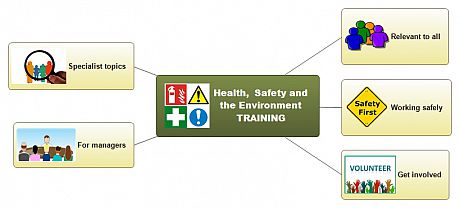
Relevant to all
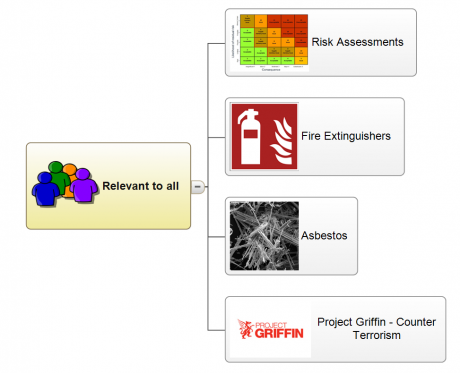
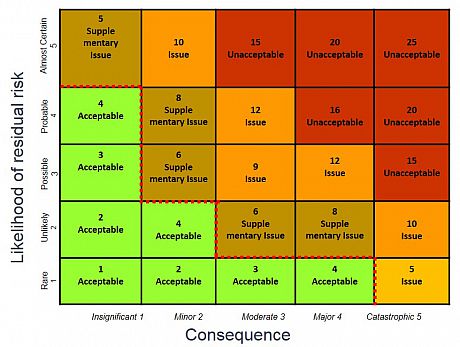
Learn to understand and apply the theory of risk management, to assess and manage your workplace hazards and activities. The session will include discussion of practical examples and practice determining sensible risk control measures.To ensure maximum benefit this training will involve undertaking risk assessments of actual university activities.
The course will cover:
- The legal framework surrounding risk assessments
- What type of activities and processes warrant a risk assessment
- How risk assessments are constructed and documented
- Applying the 5 steps of risk management cycle
- How risks can be managed and reduced
This training course is beneficial to anyone who may undertake risk assessments, including staff, students and volunteer workers.
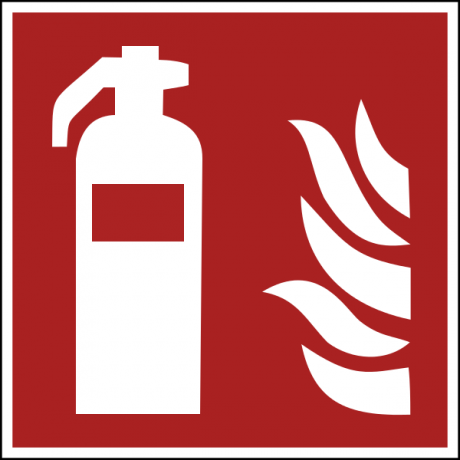
East Sussex Fire and Rescue attend campus with unique portable training equipment, which provides clean, safe and highly controlled live fire scenarios. You will gain valuable hands-on experience, learning how to employ portable fire extinguishers safely and effectively.
This session will be a combination of fire safety theory and a practical session. By the end delegates will:
- Understand fire precautions in the workplace
- Understand the Triangle of Fire, the principles of extinction of fire and the classification of fires
- Understand the different types of fire extinguisher and their uses and limitations
All staff, managers and supervisors would benefit from this general awareness raising course.

Asbestos is a naturally occurring fibrous material that, over the years, has been a popular building material. It can be found in any building built before the year 2000 (houses, factories, offices, schools, hospitals etc), in things like pipe insulation, window panels, floor tiles, textured coatings and fire blankets. It is now known that prolonged inhalation of asbestos fibres can cause serious and fatal illnesses including lung cancer, mesothelioma and asbestosis, and causes around 5,000 deaths every year.
Attending this course will enable you to:
- Understand the types of asbestos used in construction and where they are commonly found
- Understand the health risk and how asbestos affects the body
- Have a good understanding of the law associated with asbestos management and the types of surveys undertaken
- Know what to do in the event of an unplanned release of asbestos
- Be able to understand asbestos survey layout, how to extract data and plan for works
- Understand how asbestos is managed within buildings.
All staff, managers and supervisors would benefit from this general awareness raising course.

Project Griffin was developed by the City of London Police and formally introduced in London in April 2004 as a joint venture between the City and Metropolitan police forces. Its remit was to advise and familiarise managers, security officers and employees of large public and private sector organisations across the capital on security, counter-terrorism and crime prevention issues.
The course will:
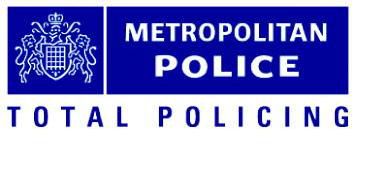
- Raise awareness of current terrorist and crime issues
- Share and gather intelligence and information
- Build and maintain effective working relationships
- Seek solutions to defeating terrorism and crime
- Maintain trust and confidence in the police and other authorities
- Empower people to report suspicious activity and behaviour
- The current threat posed by international and domestic terrorism and violent extremism
- Hostile Reconnaissance; what it is and how to report it
- What to consider in the event of a terrorist attack or incident
- How to deal with suspicious items
Relevant to all staff.
Additional information on Project Griffin: http://www.met.police.uk/projectgriffin/what_is_project_griffin.html
More on this training at UoS: http://www.sussex.ac.uk/hso/training/schedules/projectgriffin
Working safely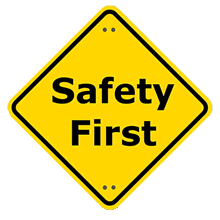
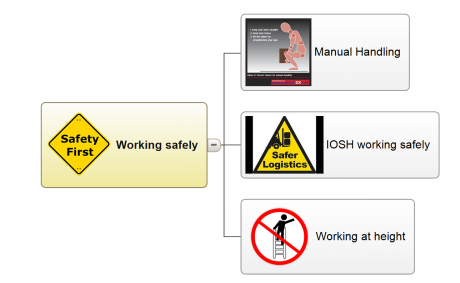

This session is aimed at staff and students that are required to conduct manual handling tasks, including lifting, pushing and pulling loads.
What will be covered:
- The health effects of poor technique
- Legal aspects related to manual handling
- Assessing task, individual, load and environment
- Type of lifting equipment available
- Good lifting techniques
- When not to lift
This training course is beneficial to anyone who may undertake manual handling tasks, including staff, students and volunteer workers.
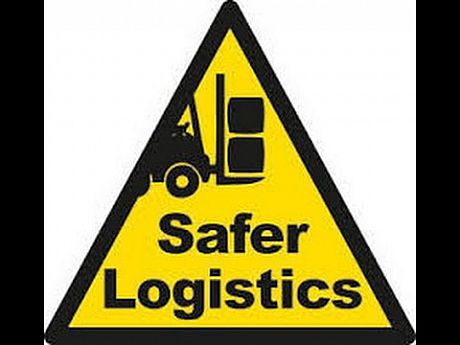
IOSH Working safely is a one-day course for people at any level, in any sector, that need a grounding in health and safety. The training will give employees at all levels the information they need to keep themselves and others safe at work.
Ideal for introducing staff to why health and safety is important, Working safely shows how everyone can make a difference to their own wellbeing and that of others through everyday behaviours. The course focuses on best practice rather than legislation. The course is delivered by IOSH, The Institution of Occupational Safety and Health.
What will be covered:
- Introducing working safely
- Defining hazard and risk
- Identifying common hazards
- Improving safety performance
Working safely is for people at any level, in any sector, needing a grounding in the essentials of health and safety. Everyone at work should have an understanding of why they must ‘work safely’.

This training course is a practical look at the risks, control methods and types of access equipment available to help manage work at height activities. We will look at common types of equipment used in the university setting, including step ladders, kick stools and small steps, understanding how they are both managed and used safely in the workplace.
What will be covered:
- The legal duties surrounding work at height activities
- The process of assessing the risks associated with work at height
- The type of access equipment available and its application
- Pre-use inspections for common access equipment
- Defect reporting and tracking access equipment
- Practical use of access equipment (practical session)
This training course is beneficial to anyone who may undertake work at any height off of the floor, including kick stool and small steps, including staff, students and volunteer workers.
Get involved
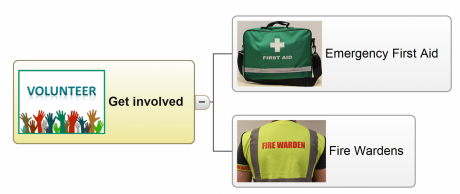
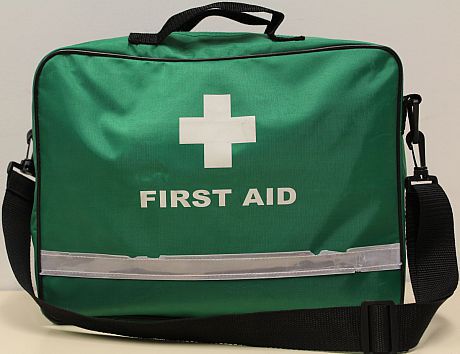
The First Aid at work training course provides the comprehensive set of practical skills needed by first aiders in most workplaces to become a confident first aider at work. Giving both the ability and knowledge to deal with first aid emergencies. The Emergency First Aid At Work course is designed to enable delegates to achieve knowledge and competencies needed to deal with a range of emergency situations. Delegates should be able to demonstrate practical application of safe, prompt and effective first aid in an emergency situation.
What will be covered:
- The role of the First Aider
- Incident and casualty assessment
- Managing an emergency
- Communication and casualty care
- Cardio-pulmonary resuscitation
- Recovery position including management of seizure
- Choking
- External bleeding and hypo-volemic shock
- Minor injuries
- Head injuries
- Other possible emergencies requiring first aid
This training course is recommended for First Aid volunteers and individuals in high risk areas, who may need to provide emergency first aid whilst waiting for the ERT to arrive.
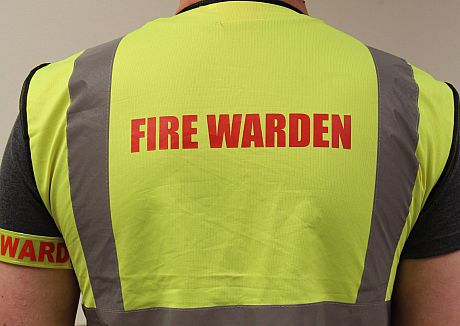
The duty of the Fire Warden is one of the most important positions needed when an evacuation needs to take place. Fire Wardens provide an invaluable link in the University's fire safety emergency response procedures
What will be covered:
- The Role of the Fire Warden and how to evacuate people from a building
- Co-Ordination with Fire Marshals
- Understanding Assembly Points
- Understanding Fire Control Point
This training course is for those preparing to take on Fire Warden duties, or for anyone wishing to either learn more about Fire Safety and Evacuation and how to provide support to your colleagues.
For managers and supervisers
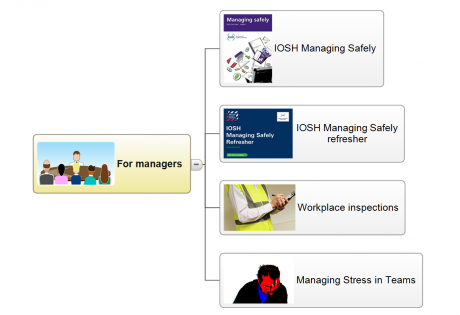
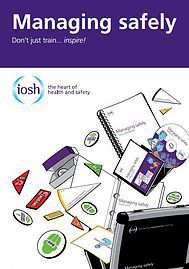
This course is ideal for getting staff members up-to-speed on the skills they need to tackle safety and health issues in the workplace. The course is delivered and assessed by IOSH, The Institution of Occupational Safety and Health, a British organisation for health and safety professionals.
The course will equip you to:
- Understand resonsibility and accountability
- Assess and control risks
- Identify common workplace issues and potential hazards
- Complete a risk assessment based on a workplace and activity
- Investigate Accidents and Incidents correctly
- Acurately measure performance in terms of safety
- Understand issues and steps involved in protecting the environement
This training course is aimed at staff who have responsibility for assessing and managing risk within their School of study.
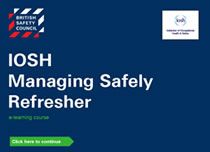
The IOSH Managing Safely Refresher course is aimed at managers and supervisors of health and safety aspects within their schools, who have undertaken the full IOSH Managing Safely course. To keep certification up to date, IOSH provide this refresher, to be attended every three years for best practice.
The IOSH Managing Safely Refresher course is designed to provide continued support in dealing with health and safety issues in the workplace. Specifically, the course aims to:
- Revise key management responsibilities from the full IOSH Managing Safely course
- Update on relevant changes in good practice guidance, health and safety legislation and standards
The course is aimed at anyone that has completed IOSH Managing Safely within the last three years and wishes to refresh their knowledge and certification. This would be aimed prmarily towards staff who have health and safety responsibilities.

This course will equip you to carry out Workplace Inspections, a key component in your efforts to meet Health & Safety legislation requirements.
The School's summary on Workplace Inspections:
http://www.sussex.ac.uk/ei/internal/general/healthsafety/inspections
- The legal duties
- Risks in your workplace
- Undertaking an inspection
- Assessing risk
- Cooperating with others
- Recording your assessment
- Reasonable adjustments
- Service Centre and defect reporting
- Responding to serious defects
Key Learning points for this session:
Workplace Risk | Temperature | Ventilation | Lighting | Slip & Trip Hazards | Electrical Safety | Fire Safety | Accessibility
This course is for anyone that is required to complete safety inspections as part of their role.

Research has shown that one of the major causes of work related stress is the impact of managers and their skills to manage staff and stress in the work place.
This course will explore the basic psychological and physical effects of stress, as well as provide managers with practical tools to assist them in the workplace. By the end of the course all attendees will:
- Understand how stress manifests itself in the workplace and how it can affect staff
- Better understand the difference between workplace pressure and stress
- Have a clear understanding of the law and process of risk assessment
- Be able to utilise simple staff engagement practices to assist in managing stress
- Be able to create and manage stress support plans
The course is aimed at managers, team leaders and supervisors.
Specialist topics
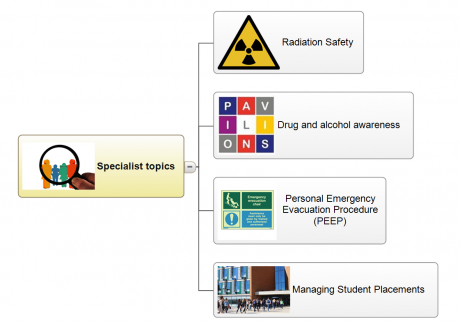

Radioactive materials and sources of ionizing and non-ionizing radiation are essential elements of research and teaching at the University of Sussex. The Radiation Safety Training provides answers to fundamental principles, guidance on protecting against ionising radiation's harmful effects, detailed University policies and procedures, and important regulatory information.
The course is for designated staff members who will be working with radiation.

This awareness session will explain the different types of drugs used and the effects these drugs have. It will also discuss the current trends in the community and what to look out for if someone is under the influence. This session is provided by Pavilions Drug and Alcohol Services.
The course will cover:
- Types of drugs
- Trends in the community
- Symptoms to look out for
- Potential risks to anyone assisting
- What to do in an emergency situation
Relevant to those who engage with students on a regular basis, First Aiders, Building Managers, Security Staff.
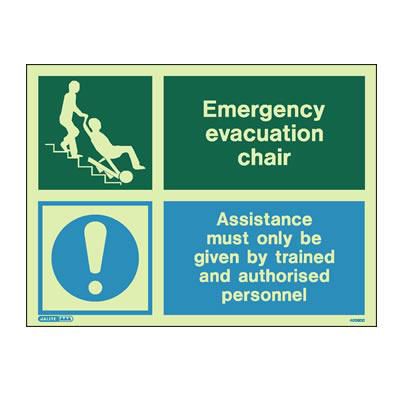
This course is currently in re-development. Information will be added to this page once the new course description is available.

This course is currently in re-development. Information will be added to this page once the new course descriptio is available.
How to book
To reserve a place on any Health & Safety course, please logon to Sussex Direct with your personal details: https://direct.sussex.ac.uk/mle/login.php
- Move the cursor over the Personal tab, click on the down arrow next to it
- From the drop down menu, select Staff Development if you're a member of staff or select Training if you're a student
- Under Page Options select Staff Development Course Listings and Bookings Facility
- From the menu that appears, select Health and Safety
- From the drop down menu select the relevant subject
- Click on the appropriate course
- A staff development booking form will appear.
You will need to enter the Cost Code: contact your Line Manager or Margarita Steinberg (M.A.Steinberg@sussex.ac.uk) if you need to confirm the code. - The tab will change to read Booked
- Confirmation of your booking will be sent to you by email, and the course will appear in your personal "Record of your Staff Development Activities"
Failure to attend a course may result in a cancellation charge being applied, so please make sure to contact the University central Health & Safefty office if you’re unable to attend a course you’re booked onto

